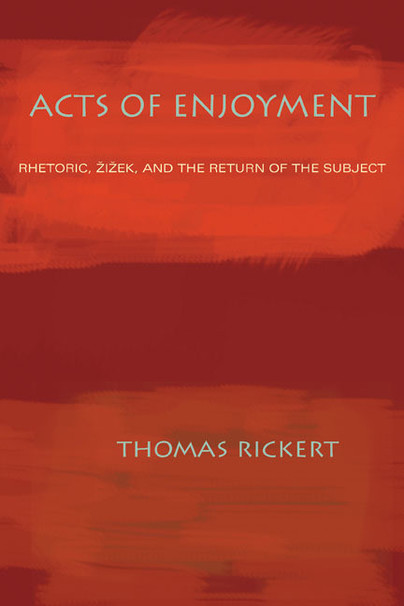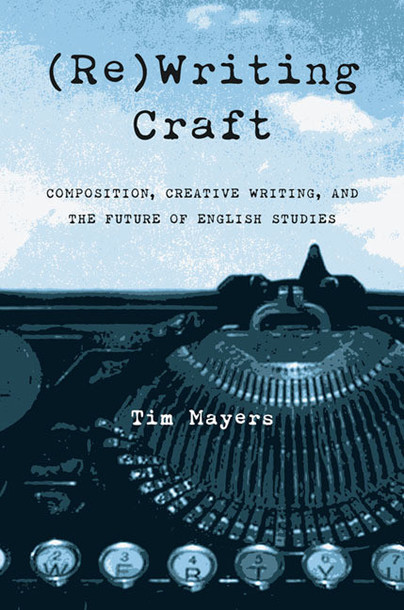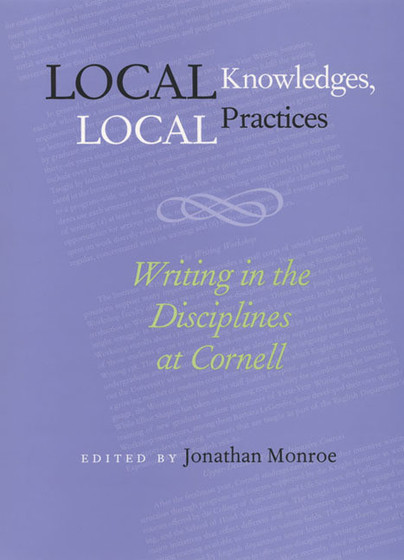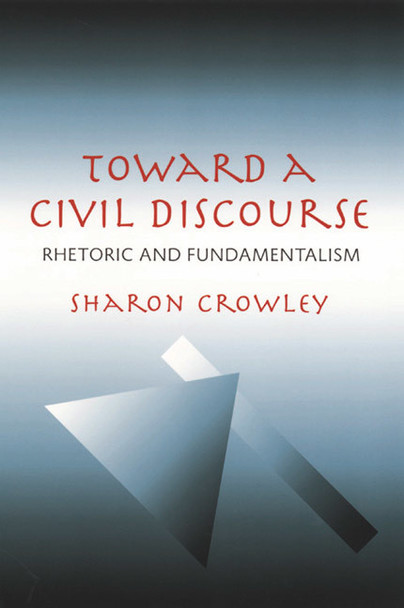Counter-History of Composition, A
Toward Methodologies of Complexity
Format: Paperback
Description:
A Counter-History of Composition contests the foundational disciplinary assumption that vitalism and contemporary rhetoric represent opposing, disconnected poles in the writing tradition. Vitalism has been historically linked to expressivism and concurrently dismissed as innate, intuitive, and unteachable, whereas rhetoric is seen as a rational, teachable method for producing argumentative texts. Counter to this, Byron Hawk identifies vitalism as the ground for producing rhetorical texts-the product of complex material relations rather than the product of chance.







